Overview
Peppermint is an aromatic herb in the mint family. It’s a hybrid mint that’s a cross between spearmint and watermint. It can be found naturally in North America and Europe. Peppermint essential oil can be extracted from the leaves of the peppermint plant and is used for a variety of purposes. It has a sharp odor that’s cool and refreshing, and the taste is similar. You may be familiar with the coolness in your mouth after you consume something with a peppermint flavor.
Benefits
Peppermint oil can hydrate areas affected by sunburn and relieve the pain. It can also be used to help prevent sunburn.
Peppermint oil is a very effective natural painkiller and muscle relaxant. It also has cooling, invigorating and antispasmodic properties. Peppermint oil is especially helpful in alleviating a tension headache.
Peppermint aromatherapy can help unclog your sinuses and offer relief from a scratchy throat. It acts as a refreshing expectorant, helping open your airways, clear mucus and reduce congestion.
Peppermint oil is highly effective at relaxing muscles in your nasal passages and helping clear out the muck and pollen from your respiratory tract during allergy season. It’s considered one of the best essential oils for allergies because of its expectorant, anti-inflammatory and invigorating properties.
For a non-toxic alternative to unhealthy energy drinks, take a few whiffs of peppermint. It helps boost your energy levels on long road trips, in school or any other time you need to “burn the midnight oil.”
Peppermint for headaches has the ability to improve circulation, soothe the gut and relax tense muscles. All of these conditions can cause tension headaches or migraines, making peppermint oil one of the best essential oils for headaches.
Peppermint oil have been shown to be effective at naturally treating irritable bowel syndrome (IBS). It reduces spasms in the colon, relaxes the muscles of your intestines, and can help reduce bloating and gassiness.
Peppermint is used in many high-quality hair care products because it can naturally thicken and nourish damaged strands. It can be used as a natural treatment for thinning hair, and it helps stimulate the scalp and energize your mind.
Menthol found in peppermint oil inhibits itching. A triple-blind clinical trial involving 96 randomly selected pregnant women diagnosed with pruritus tested peppermint’s ability to improve symptoms. Pruritus is a common problem that’s associated with a frustrating, ongoing itchiness that cannot be soothed.
Unlike us humans, a number of little critters hate the smell of peppermint, including ants, spiders, cockroaches, mosquitos, mice and possibly even lice. This makes peppermint oil for spiders, ants, mice and other pests an effective and natural repelling agent. It may also be effective for ticks.
Peppermint oil has calming, softening, toning and anti-inflammatory effects on the skin when it’s used topically. It has antiseptic and antimicrobial properties.
How To Use
Peppermint oil has a wide variety of uses. For example, it can be used as:
- Applied topically (on the skin).
- Diffused in the form of essential oil.
- Applied intranasally (putting droplets inside the nose).
- As a fresh, pleasing scent added to soaps and cosmetic products.
- As a flavoring agent in foods and products such as mouthwashes.
- As a topical application for relief from itching, muscle pain, and headache
- As a remedy for a variety of conditions, including irritable bowel syndrome (IBS), nausea, and other digestive issues, as well as the common cold and headaches.
Caution
Skin sensitivity may occur. Essential oils are highly concentrated and should be diluted before applying directly to the skin. Keep out of reach from children. If pregnant or breastfeeding please ask your doctor before use.


 Shop layouts
Shop layouts
 Food Supplements
Food Supplements
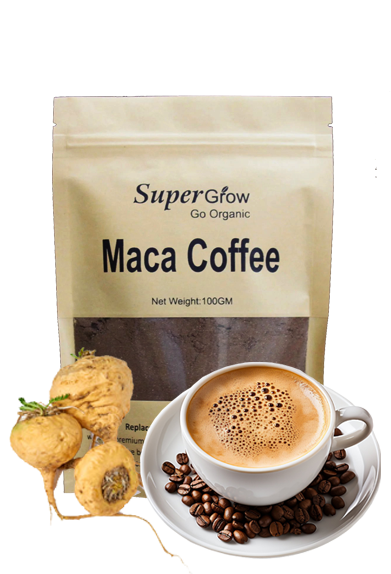
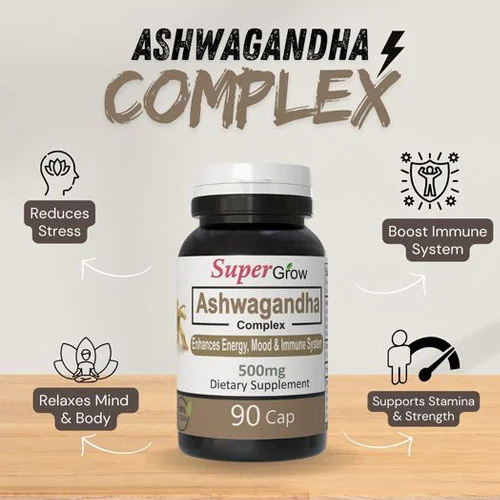
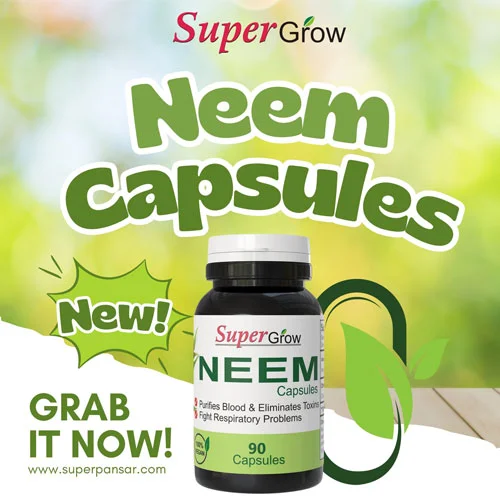

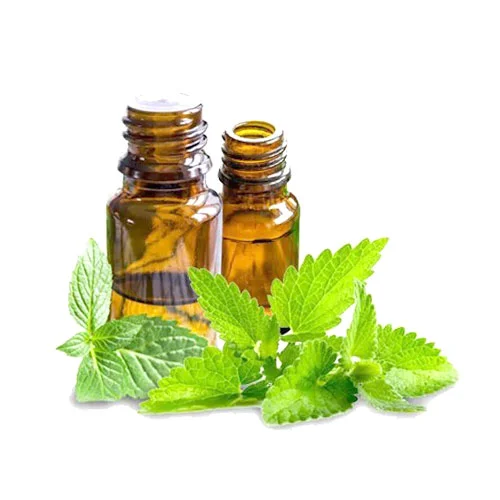
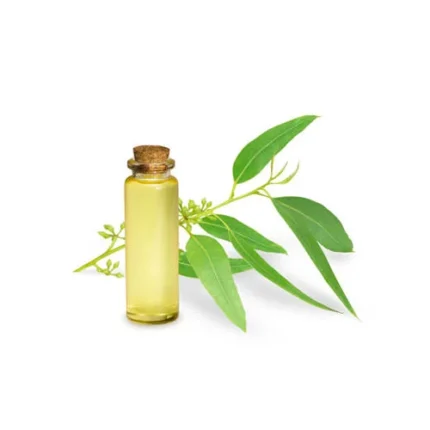
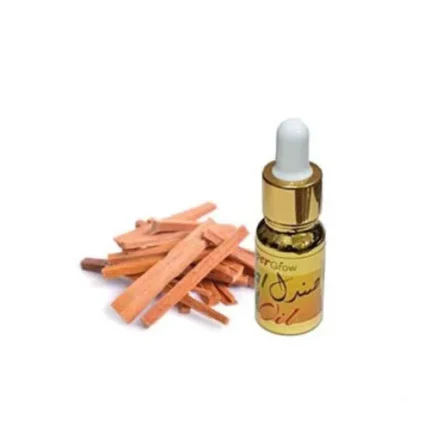
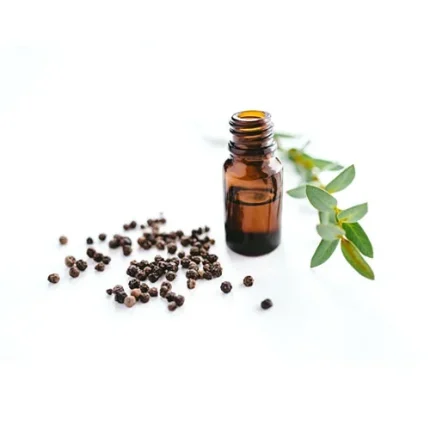
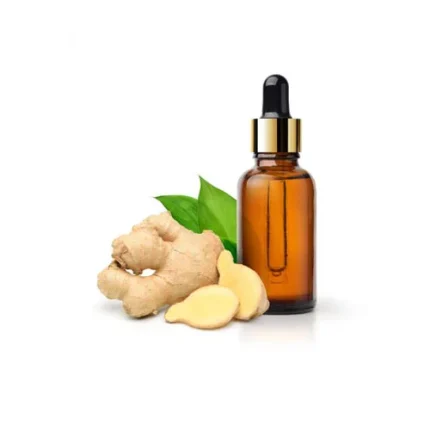
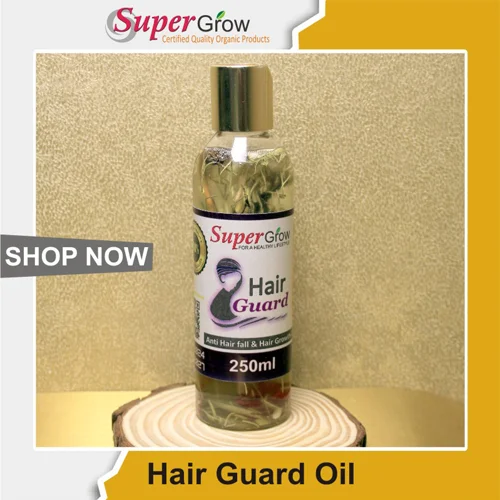

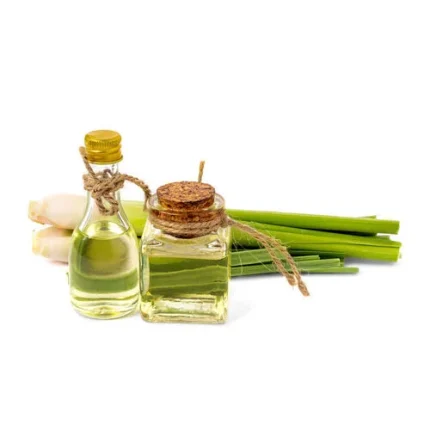
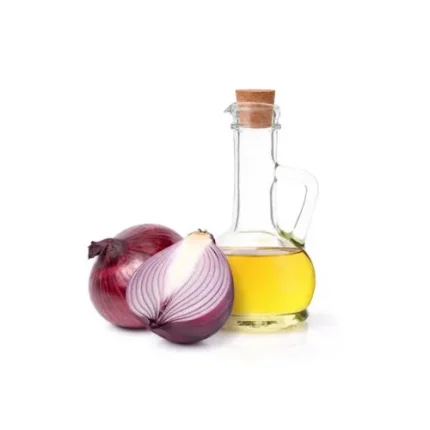

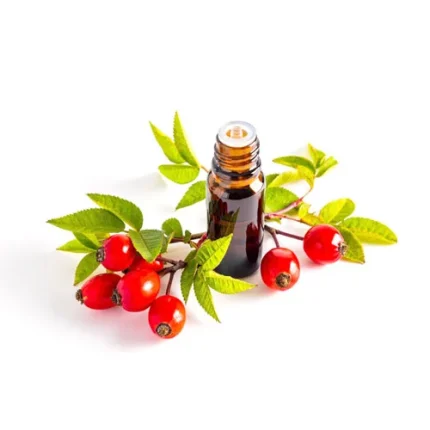
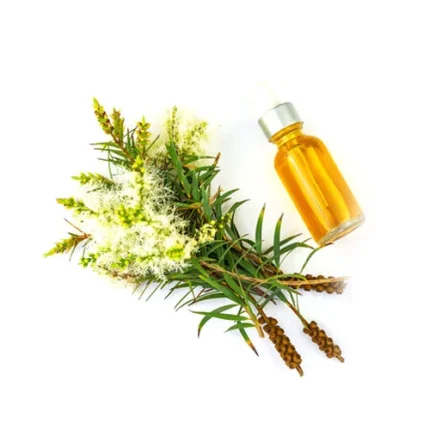

Reviews
There are no reviews yet.